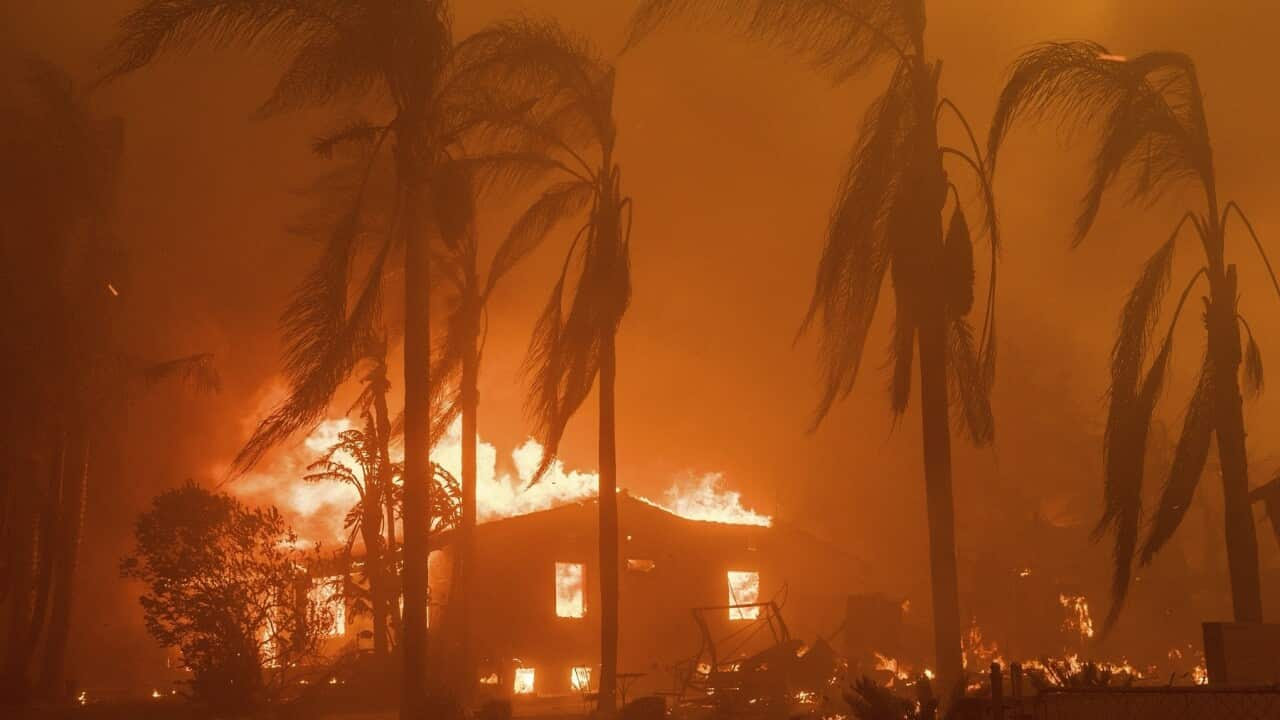O se faafitauli e a'afia ai neura o le fai'ai ma mafua ai ni gaioiga e pei o le minoi o foliga e le mafai ona taofia poo se leo e faaleo e le mafai foi ona taofia pe pulea e se tagata e a'afia ai.
I se suesuega lata mai nei, ua iloa ai le maualuga o le tulaga lamatia o tagata e a'afia i le Tourette Syndrome e ono taumafai e pule i o latou ola.
E 7 tausaga o Max i le taimi na muamua aumaia ai le faai'uga a foma'i o lona a'afia i le Tourette Syndrome.
Na ia ta'ua le faasaua o isi tamaiti ia te ia i le a'oga ona o auga faaalia o le gasegase, ma na tu'ua ai lana a'oga i le faai'uga o le Year 10.
Ona o lona a'afiaga i le Tourette Syndrome, e le mafai ai ona faigaluega ma mafuta lelei Max ma isi tagata.
Na saunoa Dr Melissa Licari, o le Kids Research Institute Australia, o auga faaalia o le Tourette Syndrome, ua matua aafia ai le maloloina o le mafaufau o Max.
"Tourette's took more than just the control of Max's body. It has profoundly impacted mental health. At now 18, Max's mum has lost count of the number of suicide attempts. Max's mother told us Max doesn't want to die, but also cannot live like this."]]
Now, Max's story reflects the harsh reality based by meaning living with Tourette's and other tic conditions in this country: long waits for diagnosis, limited access to effective treatment, turned away by the NDIS, stigma, discrimination, not being believed, limited understanding and support in schools and workplaces, and this sadly results in severe mental health issues. These challenges aren't new and they've been ignored for far too long."





